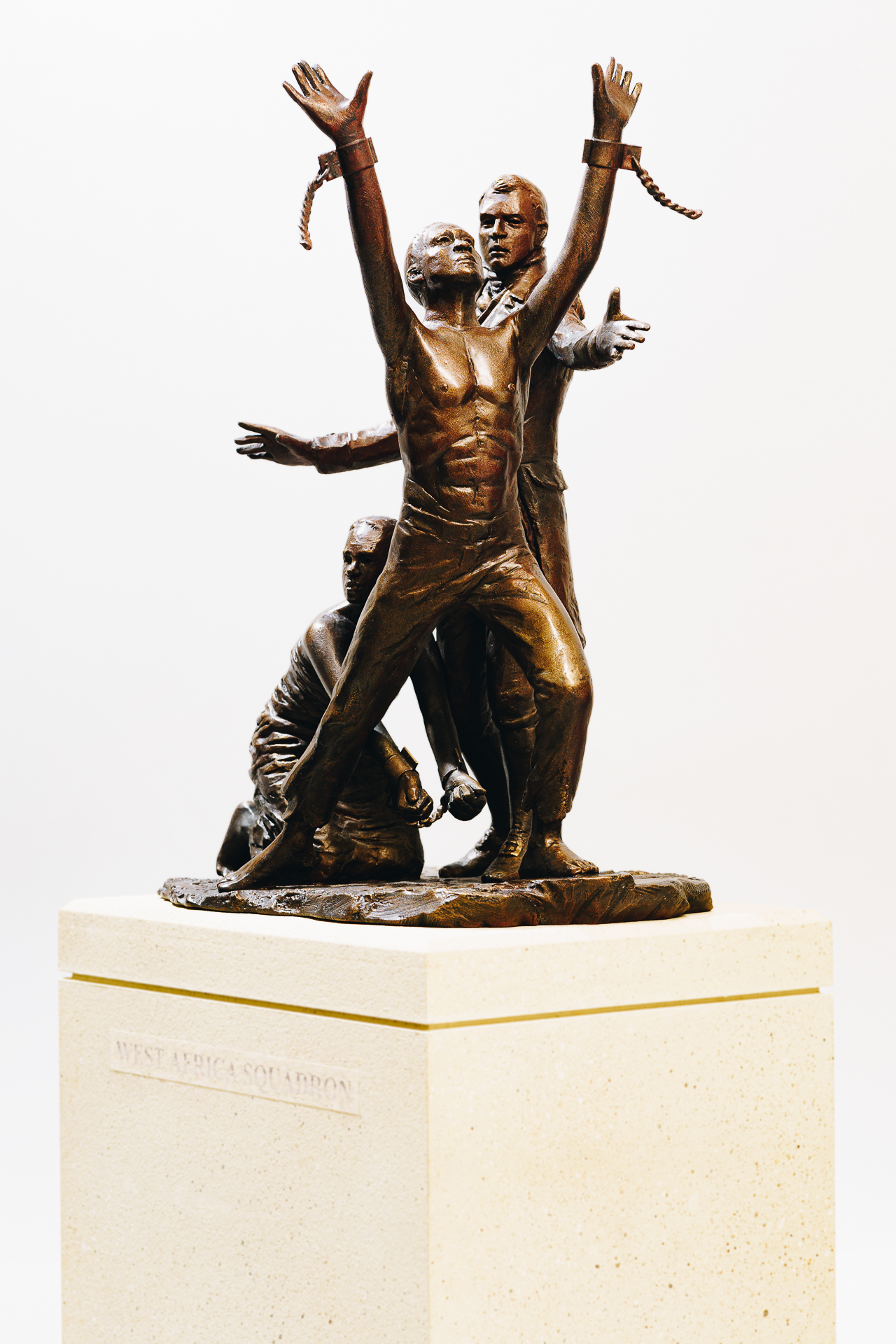The following is from the Department of Education’s guidelines about how Black History should be taught at Key Stage 3
Teachers could, for example, look at Britain’s transatlantic slave trade – its effects and its eventual abolition – including the successful slave-led rebellions, such as the Haitian Revolution, that eventually led to the abolition of slavery. In the UK, this could include the role played by slaves and former slaves such Olaudah Equiano as well as the Somerset ruling.
One could argue that the current curriculum tells only one side of the story in terms of Britain’s involvement in the slave trade. Britain was a major player in the trans-Atlantic slave trade, along with most European countries. Slave trading made individuals, such as Edward Colston from Bristol, very rich and enriching cities such as London, Bristol and Liverpool.
However, that is only half the story because towards the end of the 18th Century British people took a moral stance, viewing slavery as immoral and a blight upon humanity, and the zeal of the abolitionist groups in parliament forced the Act for the abolition of the slave trade through parliament in 1807.
Further legislation followed outlawing the ownership of slaves.
Britain enforced the ban on the Atlantic slave trade by using the power of the Royal Navy in the shape of the newly formed West Africa Squadron. The squadron patrolled the shores of West Africa, initially with two ships but rising to 25 ships after the end of the Napoleonic wars.
One of the least known facts about the West Africa Squadron is the multiethnic nature of the crews. From historical research the crews were comprised of British sailors, Kroomen, liberated Africans and blacks Africans. The non British proportion of the crew could be as high as 19%. ( Author John Rankin published by Brill 2014 ).
The achievements of the squadron were huge in the period 1807 – 1867 the squadron seized 1600 slave ships freeing some 150,000 Africans who would have been used as slaves in North America or Brazil.
The cost in the lives of Royal Navy sailors was equally large with 1600 men dying from disease or injuries in battle and the cost to the exchequer was immense as at the height of their operation the West Africa Squadron cost 2% of the country’s GDP or the equivalent of £20 billion in today’s money!
The fact that Britain was the first country to ban slavery, that we used our own men in a multiethnic crew, our own ships and money to enforce that ban eventually resulting in the total destruction of the Atlantic slave trade, should perhaps be part of the curriculum in the teaching of Black History.


